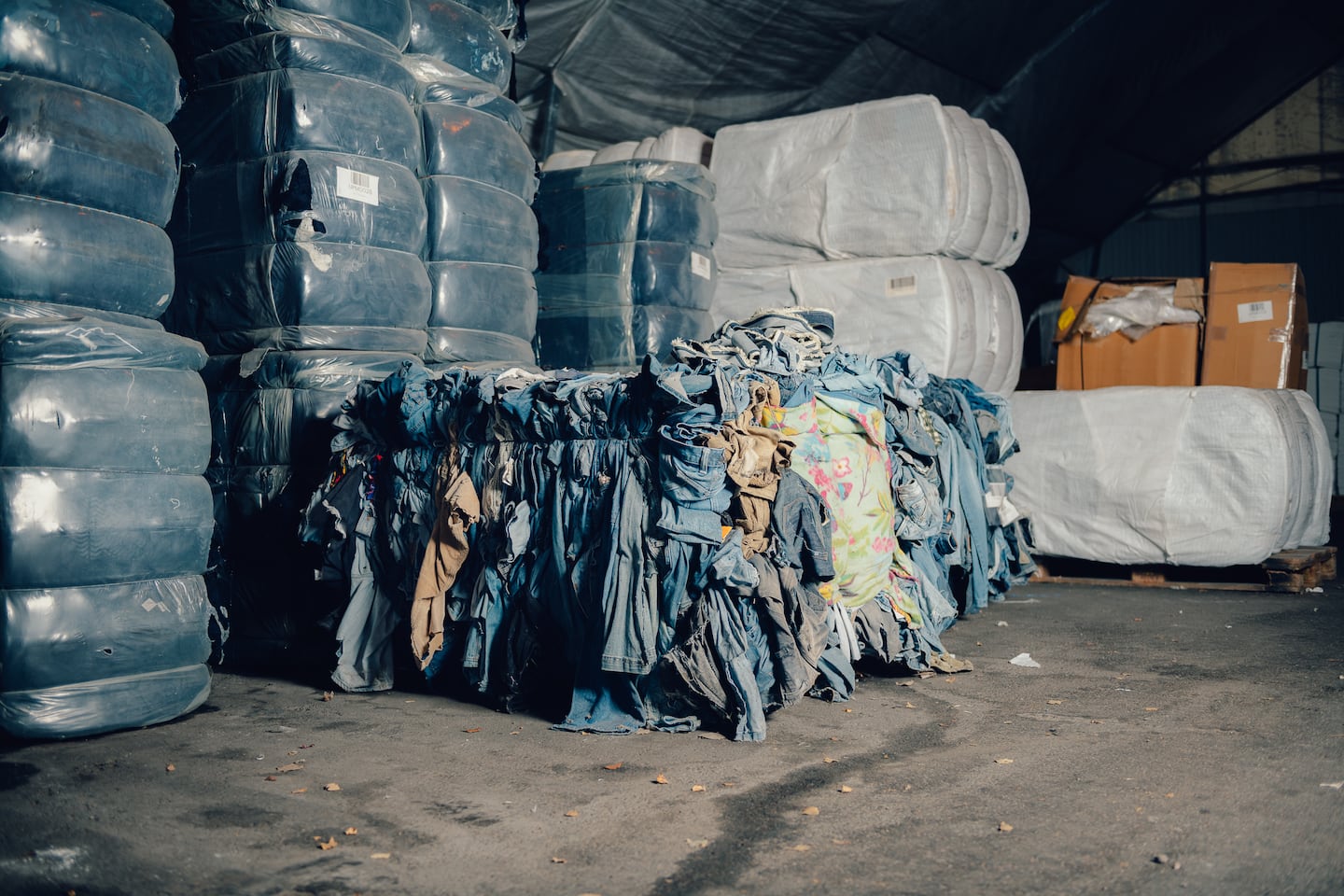
The Business of Fashion
Agenda-setting intelligence, analysis and advice for the global fashion community.

Agenda-setting intelligence, analysis and advice for the global fashion community.

Circularity is one of fashion’s favourite sustainability buzzwords, but the sector is struggling to live up to its commitments, according to a new report by the Global Fashion Agenda.
Three years ago, the industry advocacy group convened a host of fashion companies to set 2020 goals focused on establishing business models and products designed for zero waste, durability, recyclability and reuse. A little over 10 percent of the industry signed up to set their own internal targets as part of the Circular Fashion System Commitment. Signatories include large groups like Kering, Inditex and PVH, as well as smaller players like Ganni and Reformation, but progress has been mixed.
According to an update published Monday, only 64 percent of the commitments companies set for themselves have been achieved.
Goals focused on design had the highest success rate at nearly 70 percent, largely reflecting increased training on circular design principles that require products are made to last and enable reuse and recycling. But companies struggled to make progress on more concrete changes, like establishing take-back schemes for old clothes or scaling the use of materials recycled from old clothes.
ADVERTISEMENT
Inditex, Kering and PVH were among the brands who made good on their commitments, but others struggled. The mixed results reflect the scale of the challenges facing the fashion industry in its bid to operate in a more sustainable manner. While a growing number of companies are setting ambitious targets, achieving them requires substantial investment and systemic changes to the way the industry operates.
“Is it enough to remain on almost two-thirds of all targets being reached?” asked Jonas Eder Hansen, public affairs director at Global Fashion Agenda at the report’s launch on Monday. “It’s at least a signal to us that we set very ambitious targets, however, I think we need a lot more players to be part of this journey.”
The GFA identified a number of roadblocks that hampered progress over the last three years. For instance, efforts to tackle garment recycling and establish new business models like resale are challenging and resource-intensive to scale, particularly for smaller players, due to the complexity of reverse logistics, garment handling and sorting. Textile-to-textile recycling, which has only recently matured as a sophisticated, scalable solution, still requires heavy investment to get off the ground.
The pandemic also threw companies off course, changing priorities and making many of the initiatives companies had planned more challenging, according to the GFA. For instance, the widespread shift to remote working under lockdowns put training for designers on hold, while closed stores, plummeting sales and cancelled orders also resulted in a shift in focus to mounting volumes of inventory and deadstock, instead of post-consumer waste. Similarly, the temporary closure of physical stores — a crucial touchpoint for customer take-back schemes — has had a knock-on effect for signatories looking to scale their in-house resale, repair and recycling programmes.
Notwithstanding the challenges, meaningful progress is becoming increasingly urgent if the industry is to meet global goals to tackle the climate crisis. The fashion industry is a major polluter and is facing mounting scrutiny for its environmental impact. Establishing circular business models that minimise textile waste, keep clothes in circulation for longer through resale and embed new recycling technologies is vital to future-proof the industry.
And while progress for some has been slower than anticipated, there have also been promising developments this year, with new recycling technologies beginning to scale and mounting engagement with policymakers, as brands seek to tackle some of the challenges they have run into so far.
“The problem is way too big for a single organisation to tackle themselves,” said François Souchet, who heads up circular fashion initiatives at the Ellen MacArthur Foundation. One substantial challenge that remains is fashion’s growth-focused business model. “There’s a need to make sure that we can start to tackle the problem a lot of different ways ... [and] change the way we measure success [from growth of volume and sales] to how much use consumers get out of a product.”
Related Articles:
ADVERTISEMENT
Chasing The Holy Grail of Circular Fashion
Why Big Brands Are Investing in Sustainability Start-Ups
Can Recycling Fix Fashion’s Landfill Problem?
The fashion industry continues to advance voluntary and unlikely solutions to its plastic problem. Only higher prices will flip the script, writes Kenneth P. Pucker.
The outerwear company is set to start selling wetsuits made in part by harvesting materials from old ones.
Companies like Hermès, Kering and LVMH say they have spent millions to ensure they are sourcing crocodile and snakeskin leathers responsibly. But critics say incidents like the recent smuggling conviction of designer Nancy Gonzalez show loopholes persist despite tightening controls.
Europe’s Parliament has signed off rules that will make brands more accountable for what happens in their supply chains, ban products made with forced labour and set new environmental standards for the design and disposal of products.